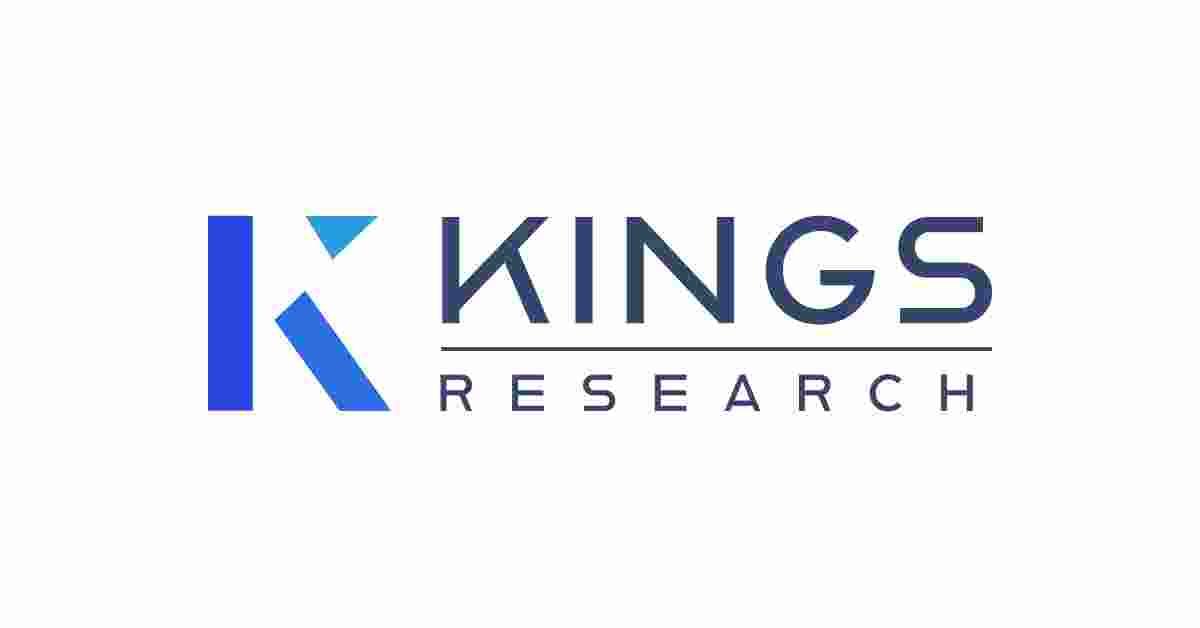The generic pharmaceuticals contract manufacturing market is entering a golden age, with the United States standing as a pivotal player in this global revolution toward affordable medicine. New market intelligence confirms that outsourcing the production of essential generic drugs is not just a cost-saving measure but a strategic necessity, fueling massive expansion and capacity building that directly benefits the US healthcare system. This growth trajectory signals a commitment to pharmaceutical innovation and efficiency that will redefine the patient experience across the United States.
Market Summary: A Near-Doubling by 2031
The global generic pharmaceuticals contract manufacturing market was valued at a substantial USD 64.82 billion in 2023. This figure is projected to rise to USD 69.53 billion in 2024, showcasing immediate momentum. Looking ahead, the market is forecasted to nearly double, reaching a remarkable USD 127.46 billion by 2031. This explosive growth will be achieved at a robust Compound Annual Growth Rate (CAGR) of 9.04% over the forecast period (2024–2031). For the US, a market intensely focused on reducing healthcare costs, this outsourcing trend is a critical lever for economic and health policy.
Market Analysis: The Outsourcing Imperative in the US
The decision by pharmaceutical companies to utilize Contract Manufacturing Organizations (CMOs) for generic drug production is driven by strategic and financial calculations. CMOs offer specialized expertise, state-of-the-art facilities compliant with stringent Good Manufacturing Practices (GMP), and the ability to rapidly scale production without requiring pharmaceutical firms to undertake massive, internal capital expenditures. In the United States, where the cost of developing and maintaining manufacturing facilities is notoriously high, this outsourcing model provides a vital pathway for companies to focus resources on core competencies like R&D for novel drugs, while ensuring a reliable, cost-effective supply of generics.
Market Scope: Complexity and Capacity
The market scope extends far beyond simple pill production. CMOs in the generic space are increasingly handling complex dosage forms, including injectables, highly potent APIs (HPAPIs), and complex solid-dose formulations. The growing demand for biosimilars—generic versions of complex biologic drugs—is a massive area of opportunity, requiring highly specialized, often sterile, manufacturing capabilities that are frequently easier to access through an experienced CMO partner. The ongoing effort to secure the US drug supply chain is also placing a premium on compliant, high-quality domestic or near-shore manufacturing capacity.
Key Market Drivers and Factors Impacting the US Market
Market Drivers:
1. Patent Cliff & Generic Demand: The ongoing expiration of patents for blockbuster drugs creates immediate and vast opportunities for generic manufacturers. The resulting surge in demand for affordable generic equivalents is the primary driver globally and in the US.
2. Cost Reduction and Focus on R&D: Pharmaceutical companies are under constant pressure from investors and regulators to cut operational costs. Outsourcing manufacturing allows them to divert capital towards high-return research and development activities.
3. Governmental Initiatives: Policies across the United States promoting the adoption and accessibility of generic drugs, coupled with pressure to address drug shortages, are driving companies to partner with CMOs to meet growing market demand swiftly and efficiently.
Key Factors:
· Regulatory Compliance: Adherence to the U.S. Food and Drug Administration (FDA)'s stringent regulatory standards is non-negotiable. CMOs that can demonstrate a flawless compliance record will attract the largest contracts, ensuring a high-quality product supply for the US public.
· Technological Adoption: The integration of advanced manufacturing technologies like continuous manufacturing, automation, and AI for quality control is a crucial factor. CMOs who invest in these 'Industry 4.0' technologies will gain a competitive edge in efficiency and quality.
Regional Analysis: North America’s Leading Role
North America, anchored by the United States, remains a central hub for the generic pharmaceuticals contract manufacturing market. The region’s mature healthcare infrastructure, robust R&D spending, and a clear regulatory pathway for generics and biosimilars position it as a leader. While a significant portion of manufacturing capacity is located abroad for cost reasons, there is a distinct and growing trend towards US and near-shore manufacturing to mitigate geopolitical supply chain risks, a priority highlighted by recent global events.
Recent Developments: Strategic Reshoring and Digital Integration
Recent developments in the sector highlight a dual focus: geographical risk mitigation and technological advancement. We are seeing major investments in the expansion of high-tech manufacturing sites within the United States and allied territories, often driven by government support and supply chain security concerns. Furthermore, CMOs are aggressively adopting digital quality management systems and data analytics to optimize batch sizes, predict equipment maintenance, and ensure end-to-end traceability—further elevating the quality and security of generic drugs available to patients across the US. This convergence of security, quality, and cost-efficiency makes the generic contract manufacturing space a cornerstone of modern pharmaceutical strateg
Browse Full Report: https://www.kingsresearch.com/generic-pharmaceuticals-contract-manufacturing-market-1635
Browse Related Reports:
https://itbusinesstoday.com/tech/emotion-ai-and-the-new-rules-of-customer-journey-mapping/
https://itbusinesstoday.com/tech/why-small-language-models-are-the-next-big-thing-in-enterprise-ai/



